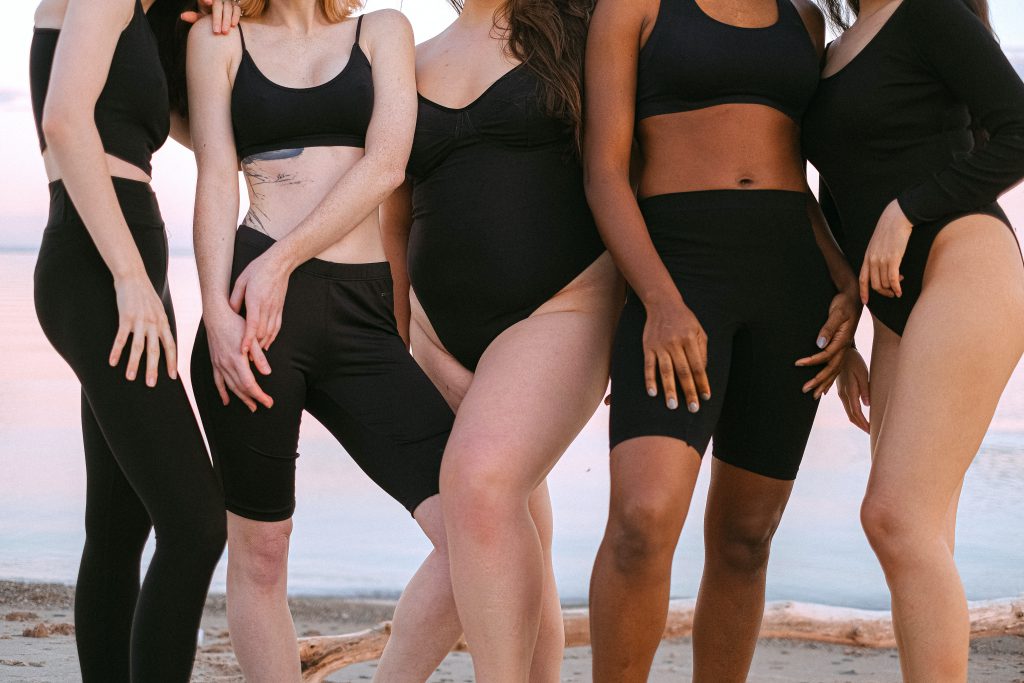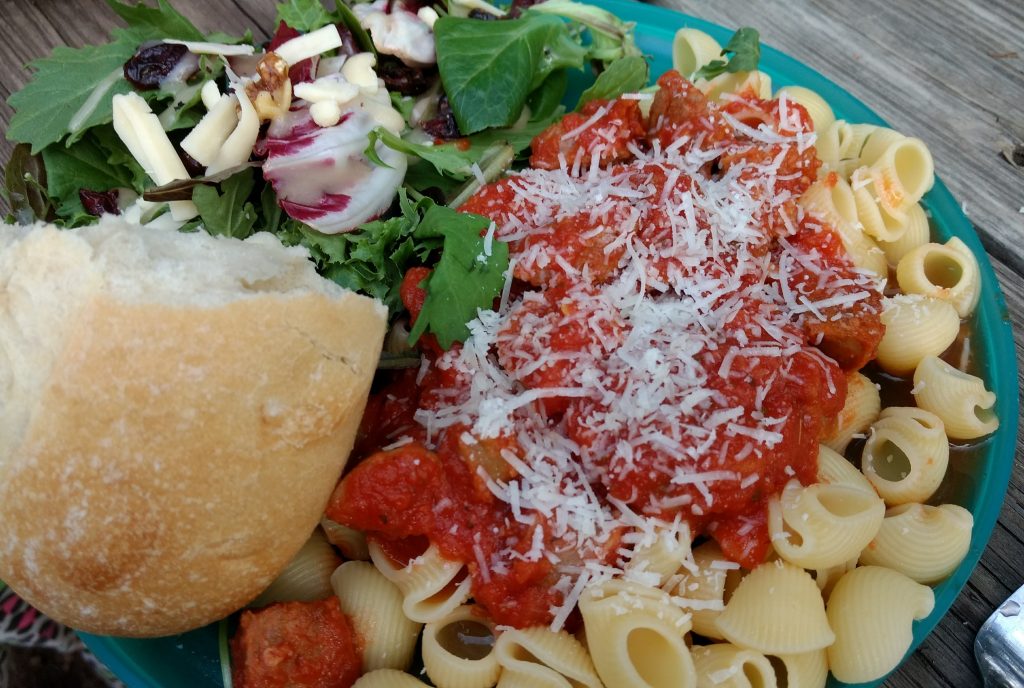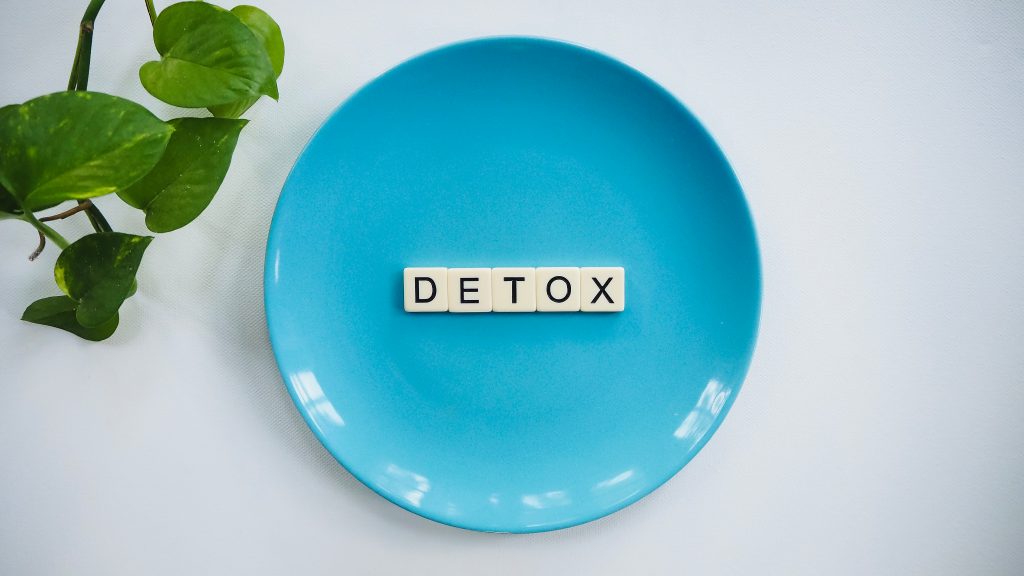
Usually, we focus on food here, but what you may not know is that I work part-time as a personal trainer and fitness instructor at my local rec center. Frequently, when people meet me and I tell them about my job they assume I eat “clean” and never touch carbs with a ten-foot-pole. If you know me at all (or have ever read anything on this blog), you will know that I love carbs, adore dairy, and can’t imagine life without baking. The beginning of a new year is always an exciting time in my professional industry. Every gym and trainer is doing some sort of “new year, new you!” challenge. (Even I am part of a challenge like this at my gym.) I love the enthusiasm and always hope it sticks and that people meet their goals, but I also see a lot of questionable diets/programs/etc being encouraged or recommended this time of year. Here are a few pieces of advice so you can focus your energy on methods that will help you see long-term success as you attack your New Year’s goals.

Avoid Plans That Use Guilt or Shame as a Tool
One of the hardest things for me about an initial training session is how apologetic new clients often are about their bodies. It honestly breaks my heart how much self-loathing there is out there. Programs that use shame or guilt to reach goals are toxic. Find a program/trainer/instructor that builds your confidence, boosts your energy, and makes it possible for you to do the things you love. Learn to appreciate the things your body can do and embrace the fact that if you eat a piece of cheesecake once in awhile it’s not the end of the world. If you find you are struggling with your self-worth or your relationship with food, consider seeing a therapist. Our overall well-being absolutely includes our mental health.
Personal Trainers Are (Usually) Not Dietitians
Personal trainers are NOT qualified to make you a meal plan tailored to your body and goals. Diet wise, personal trainers are qualified to calculate how many calories a day you should be consuming for your weight loss/gain/maintenance goals and educate you about the roles different nutrients play in those goals. If you come across a personal trainer that is prescribing what you should eat and they are not also a registered dietitian, run away. Often, a trainer may have a certification in nutrition coaching or something similar which means they have taken a few classes that have taught them some basics about nutrition. In these instances, focus on the word “coach.” These individuals are slightly more knowledgeable, but remember they have not earned a degree and should not be prescribing you a specific diet.

Be wary of supplements
Piggybacking off the last tip, if your trainer/coach/internet personality is telling you to take certain supplements, even harmless things like vitamins, be wary. Sometimes a trainer can educate you on what different supplements can do, but only a registered dietitian or a doctor should be telling you to take specific dosages of anything. I’d especially take the recommendations with a grain of salt if the trainer/coach/etc is in anyway a rep for a supplement company.

Cutting out entire food groups is generally a bad idea
A lot of popular diets are going to encourage you to cut out entire food groups (like carbs) or categories of foods (like nightshades). Unless you have a genuine food intolerance or allergy, this isn’t necessary. Yes, you can often see weight loss happen when you cut out an entire food group, but that’s usually because you have decreased your overall caloric intake and not because the food you cut out was inherently bad. There is also a danger that you aren’t getting all the nutrients your body needs with these types of diets which is not good in the long-term. Generally, what you should be doing is switching the ratios of the different food groups, but still keep all of them. Before we move on, let me state for the record carbs are NOT bad. In fact, if you’re an active person, your body needs carbs.

Detoxes/Cleanses/Flushes
The last thing to be wary of is detoxes. There’s not really any scientific proof that detoxes/cleanses/flushes actually get rid of toxins in your body. Our bodies are pretty amazing and do a pretty good job of getting rid of toxins all on their own for the most part. Generally, the only support these systems need from us to function at their best is to follow a healthy diet. Every time I see someone pushing a detox/cleanse/flush I can generally find a credible source with a quick Google search that all or mostly discredits it. Anecdotally, a lot of people report feeling refreshed or having higher levels of energy after doing a detox which could be one of two things. The first is the placebo effect and the second is that you’re seeing positive benefits from cutting out processed food or drinking more water – something most detoxes involve. Now, I will admit that we have discussed sugar detoxes on this blog. In my opinion, a sugar detox is one of the most benign detoxes out there as it doesn’t ask you to eat or drink anything weird or in crazy quantities. It is something that I have done once or twice to decrease my sugar tolerance. I think it is an interesting exercise if you are interested in trying one, but is absolutely not necessary to meet your fitness goals.
Parting Advice
2020 was a rough year, so give yourself lots and lots of grace if you aren’t where you’d like to be right now. Life is dynamic and so are our bodies. When it comes to our health, the truth is small changes are the safest and best way to see long lasting positive change. This can look like: exercising one day more a week than you are, running one mile further, drinking more water, eating more veggies, eating less processed food, getting more sleep, etc. It’s not the kind of stuff that makes exciting headlines, but it is so much more manageable which translates to more likely to succeed. I promise you that with patience, that’s how long lasting change actually happens.
Additional Resources:
Offering nutrition Advice: The Do’s and Don’ts – What trainers can and cannot do nutrition-wise.
Do Detox Diets and Cleanses Really Work?
My thoughts on Baking Therapy and Eating Your Feelings
My Credentials
I have a minor in Physical Education from Utah State University and am certified as both a personal trainer and fitness instructor through AFAA.





I love all your thoughts. I have such a hard time when people don’t respect their body blue print. We are all different and beautiful.
If you ever have clients that need a wonderful dietitian. Erica Hart @ food4hart. or http://www.foodforhart.com. and focus on listening to your body to get healthy.